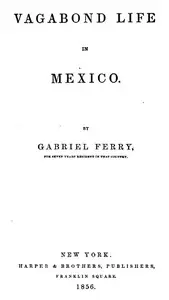"Of Human Bondage" by W. Somerset Maugham is a semi-autobiographical novel written in the early 20th century. The story follows the life of Philip Carey, an orphaned boy with a club-foot, as he navigates through a journey of personal growth, love, and the search for independence against the backdrop of a society that often emphasizes class and physical appearance. The opening of the novel introduces Philip as a child who is deeply affected by the loss of his mother. After being taken to live with his uncle, Mr. Carey, and Aunt Louisa, we see glimpses of his early childhood experiences, including his attempts to bond with his new caregivers and the emotional scars left by his mother's death. Philip's struggles with feeling out of place due to his deformity foreshadow a lifetime of challenges in seeking acceptance and understanding in a world that often discriminates against him. The narrative establishes a rich emotional landscape, highlighting themes of grief, identity, and the complexities of human relationships that will unfold as Philip's life progresses. (This is an automatically generated summary.)

Of Human Bondage
By W. Somerset (William Somerset) Maugham
"Of Human Bondage" by W. Somerset Maugham is a semi-autobiographical novel written in the early 20th century. The story follows the life of Philip Car...
William Somerset Maugham was an English writer, known for his plays, novels and short stories. Born in Paris, where he spent his first ten years, Maugham was schooled in England and went to a German university. He became a medical student in London and qualified as a physician in 1897. He never practised medicine, and became a full-time writer. His first novel, Liza of Lambeth (1897), a study of life in the slums, attracted attention, but it was as a playwright that he first achieved national celebrity. By 1908 he had four plays running at once in the West End of London. He wrote his 32nd and last play in 1933, after which he abandoned the theatre and concentrated on novels and short stories.












